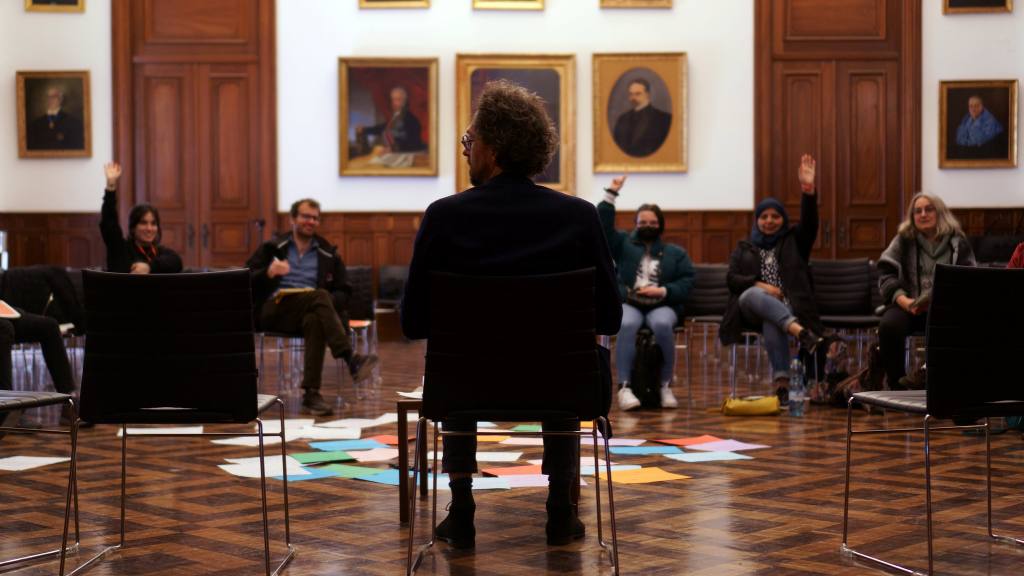
Citizens Take Over Europe, together with many academic experts and practitioners of transnational and deliberative democracy, advocated a transnational European Citizens’ Assembly (or Assemblies) already before the Conference on the Future of Europe was to start, outlining basic guidelines for this democratic innovation.
Our coalition therefore strongly welcomes recommendation 39 issued by the European Citizens’ Panel 2 on democracy and rule of law (Florence, Dec 12th, 2021) that in turn informed the Plenary Proposal 36.7, adopted in April 2022. Both call on the EU to enact a binding law or regulation for the institutionalization of randomly-selected, socially representative EU citizens’ assemblies to deliberate on proposals that the EU must follow-up on.
In its Communication of 17 June, the Commission labels the CoFE a success and endorses citizens’ panels in relation to key legislative proposals, promoting however a top-down approach, with an emphasis on consultation rather than an integral inclusion of citizens into the EU’s decision-making processes.
Citizens Take Over Europe believes that a more innovative and audacious approach is needed to ensure a follow-up to the CoFE proposal that furthers the citizens’ demands and effectively strengthens European democracy. Our original proposal urged the European Commission, the European Parliament and the European Council to commit themselves to establishing a permanent European Citizens’ Assembly. Today we renew our call for the institutionalization of transnational citizens’ assemblies following a bottom-up approach, with compulsory follow-up, radical inclusiveness, a multi-level architecture, and due attention to information provision and publicity:
- Bottom-up. A bottom-up approach to designing, launching and supporting ECAs, based on the centrality of citizens’ participation, with a level of independence in taking initiative and setting the agenda, and advised by independent European civil society; ECAs should be activated in case of a successful European Citizens’ Initiative.
- Binding. ECA’s recommendations require a detailed follow-up, and ought – in case of key European legislation, including Treaty change – to be put to a European-wide referendum;
- Inclusion. A radically inclusive notion of representation, in terms of stratified random selection – socially representative and politically diversified – of “European citizens” which include denizens, residents, as well as third-country nationals, non-citizens living in the EU member states, and citizens of EU candidate and neighboring states;
- Multi-level. Embedding ECAs in a multilayered ecosystem that connects citizen deliberations all the way up from the local, regional and national to the transnational level;
- Information and publicity. To invest significant resources into the information provided to ECA members and into public outreach and communication with the general public in their home municipalities, regions, nations.


